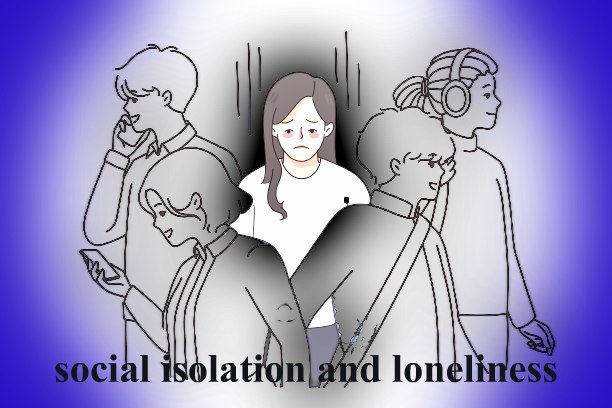The Art of Taking Action: Overcoming Overthinking and Embracing Success

”Spend eighty percent of your time focusing on the opportunities of tomorrow rather than the problems of yesterday.”– Brian Tracy
Introduction
In our fast-paced, ever-changing world, we are often faced with numerous choices and decisions. While some individuals are quick to act, many find themselves trapped in the endless loop of overthinking, which can be paralyzing and detrimental to progress. Overthinking is a common challenge, but it shouldn’t hold us back from achieving our goals and dreams. In this blog, we will explore the harmful effects of overthinking, understand its root causes, and discover effective strategies to break free from this mental prison and start taking purposeful action.
The Vicious Cycle of Overthinking
Overthinking can be likened to a vicious cycle that starts innocently enough. We analyze every detail, ponder multiple scenarios, and search for the elusive “perfect” solution. However, as we dwell on our thoughts, anxiety creeps in, leading to further doubt and more overthinking. This perpetuating cycle can become overwhelming, leaving us paralyzed with indecision and fear.
“Don’t get too deep, it leads to over thinking, and over thinking leads to problems that doesn’t even exist in the first place.” – Jayson Engay
Causes of Overthinking
Fear of Failure:
One of the primary causes of overthinking is the fear of failure. We worry that our actions might lead to negative outcomes, so we continuously analyze and reassess our choices to avoid any mistakes.
Lack of Confidence:
When we doubt our abilities or lack self-confidence, we tend to second-guess ourselves, leading to a constant need for validation and reassurance.
Perfectionism:
Striving for perfection can be crippling, as we become fixated on finding the flawless approach. This quest for perfection often hinders progress, as we refuse to move forward until everything aligns perfectly.
Overwhelm:
In an information-rich world, we are bombarded with an overwhelming amount of data. Processing all this information can leave us feeling mentally burdened and incapable of making clear decisions.
“You don’t have to see the whole staircase, just take the first step.”– Martin Luther King, Jr.
Breaking Free from Overthinking
Embrace Imperfection:
Perfection is an illusion, and no one is immune to making mistakes. Understand that mistakes are a natural part of the learning process and a stepping stone to growth and improvement.
Set Clear Goals:
Define your goals and break them down into manageable steps. Having a clear plan in place will provide you with a sense of direction, making it easier to take action.
Practice Mindfulness:
Engage in mindfulness techniques such as meditation or deep breathing to bring your focus back to the present moment. This helps quiet the mind and reduces unnecessary rumination.
Limit Information Intake:
Be selective about the information you consume. Filter out unnecessary data that doesn’t contribute to your goals, and avoid information overload.
Embrace Failure:
Shift your perspective on failure. Instead of viewing it as a setback, see it as an opportunity for learning and growth. Celebrate your efforts, regardless of the outcome.
Take Small Steps:
Start with small actions to build momentum. Every step, no matter how insignificant it may seem, brings you closer to your goals.
“Overthinking, also, best known as creating problems that are never there” – David Sikhosana
Conclusion
Overthinking is a common obstacle that many of us face, but it doesn’t have to control our lives. By understanding the root causes and adopting practical strategies, we can break free from the clutches of overthinking and take meaningful action towards our aspirations. Embrace imperfection, set clear goals, practice mindfulness, and be kind to yourself along the way. Remember, it’s okay to stumble and fall; what matters is your commitment to rise again. So, let go of your fears, stop overthinking, and embark on a journey of purposeful action towards success and fulfillment.
”People become attached to their burdens sometimes more than the burdens are attached to them.”– George Bernard Shaw







